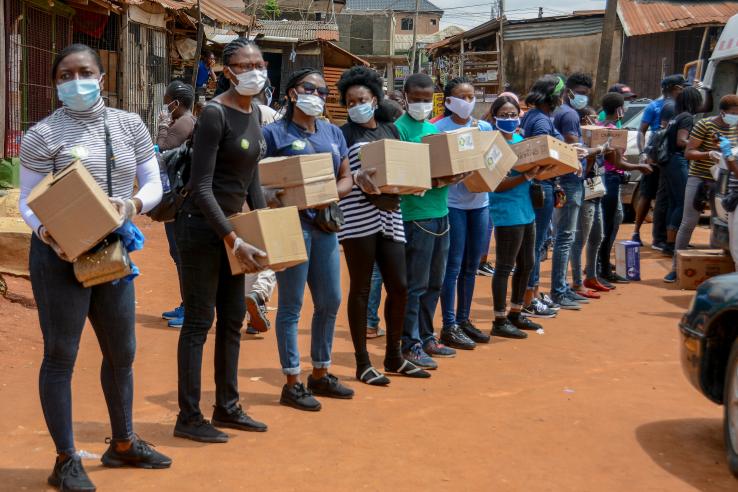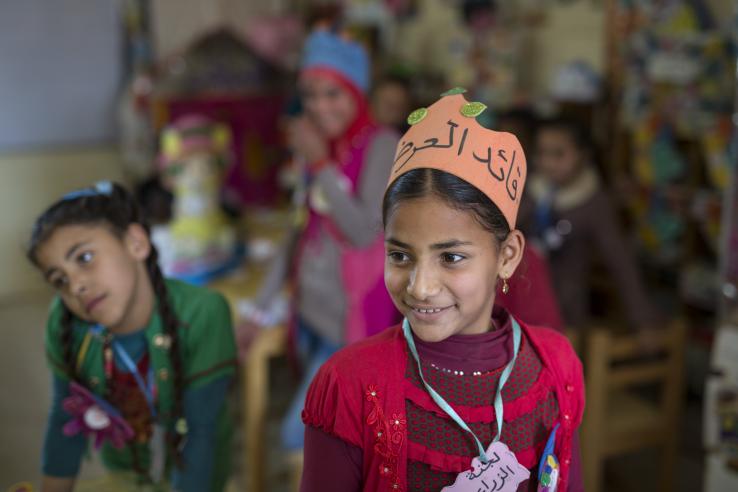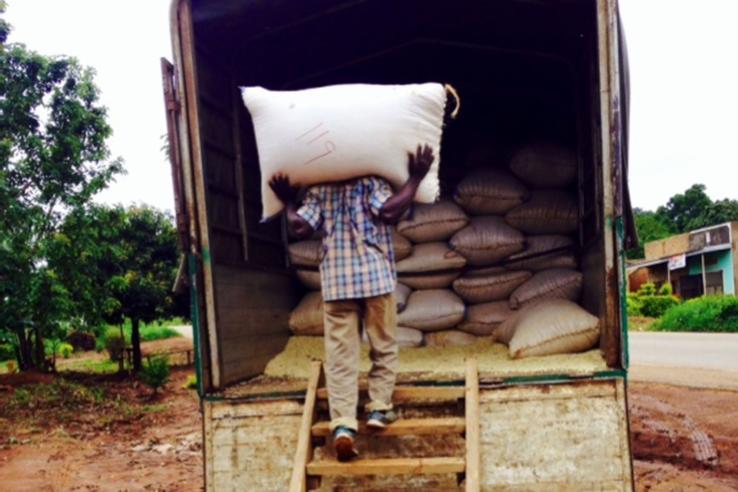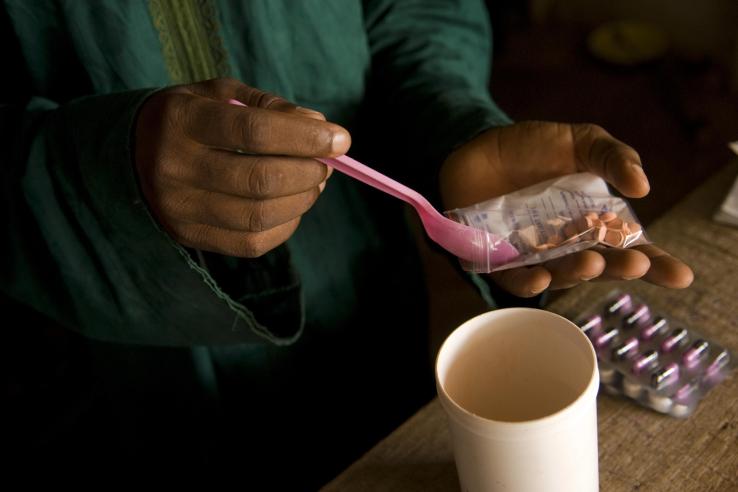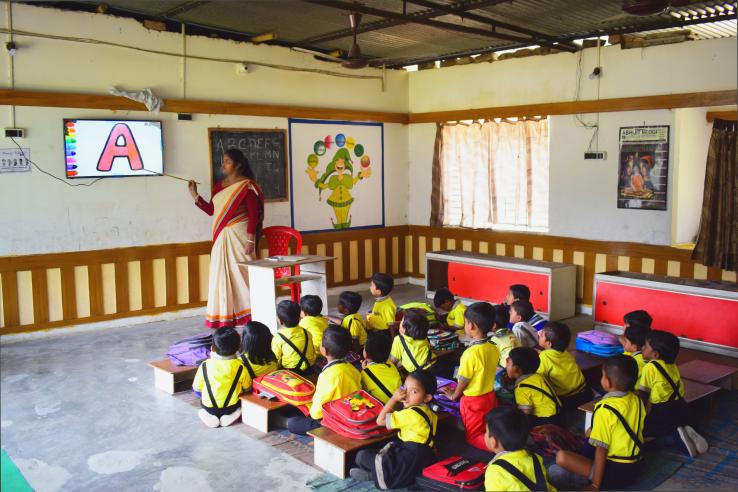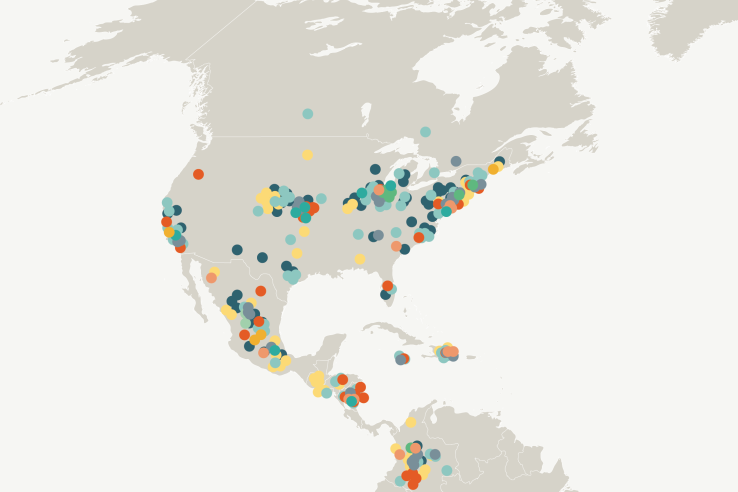Displaying 4816 - 4830 of 8105
Person
Amanda Girard is a Senior Designer at J-PAL Global, where she leads organization-wide design efforts, brand management, and photography curation, and supports on web design and video production. Amanda holds a BFA in Graphic Design and Photography from the State University of New York at New Paltz.
Person
Carmen Maura Taveras is a Research Manager at the Abdul Latif Jameel Poverty Action Lab (J-PAL), where she works on a project to assess the impact of information campaigns on the returns to education in the Dominican Republic. Prior to joining J-PAL, in 2013 she worked as a consultant at Fundación...
Blog
J-PAL North America has curated a set of randomized evaluations that tested specific policy options related to the social safety net, health, and education. Our goal is to provide actionable evidence to inform state and local leaders’ policy responses to challenges during the COVID-19 pandemic.
Person
Person
Blog
The Biden Administration has affirmed its commitment to work with other countries and multilateral institutions to combat Covid-19 to advance global health security. We commend this spirit of partnership and we urge similar bold, evidence-informed global action to tackle the accompanying crises of...
Event
Please join us for the upcoming Global Evidence for Egypt spotlight webinar on social norms and gender, which will focus on what global evidence tells us about shifting social and gender norms for improved development outcomes in favor of girls and women, consider if norms can shift, and discuss...
Person
Vivian Bronsoler is a Senior Manager for Mexico and Central America and joined J-PAL LAC in 2014. Based in Mexico, she works on the promotion of scientific evidence to inform policy in Mexico and Central America by building partnerships with policymakers, providing technical assistance, and...
Person
Pascaline Dupas is a Professor of Economics and Public Affairs at Princeton University and Co-Scientific Director of J-PAL Africa. Pascaline joined the Princeton faculty in July 2023. She was previously the Kleinheinz Family Professor of International Studies at Stanford University, where she spent...
Person
Astuti Kusumaningrum (Tuti) is a returning Research Manager at J-PAL South East Asia where she works on the projects Reach Up and Learn and Disaster Index Insurance.
Blog
On Tuesday, November 9, Craig McIntosh (Professor of Economics at University of California, San Diego) and co-director of the Agricultural Technology Adoption Initiative (ATAI), shared evidence from one of the largest market information experiments ever conducted. Jenna Fahle, CEGA Agriculture...
Evaluation
Researchers varied patients’ information about a discount on treatment for simple malaria and measuring take-up of treatment to identify the factors driving overtreatment. While patient pressure on doctors in response to the discount led to excess prescription of antimalarials, there was no evidence of doctors strategically using the vouchers to direct patients toward expensive treatment options.
Resource
Basic page
Register for the How Can We Improve Social Inclusion at Scale Through Education Interventions? webinar.
Evaluation
Researchers evaluated the impact of two light-touch interventions (an orientation video for families, and a guided conversation between women and their families) on gender norms related to women’s work and increase labor force participation. Researchers did not find meaningful changes in support of women’s work nor in rates of employment among women that received these interventions.
Update
J-PAL Updates
J-PAL North America's November newsletter features the office's GivingTuesday campaign to alleviate poverty through an evidence-based approach to the American Rescue Plan; a new blog post featuring RIP Medical Debt's ongoing evaluation to assess its model for buying and relieving medical debt; and a...

